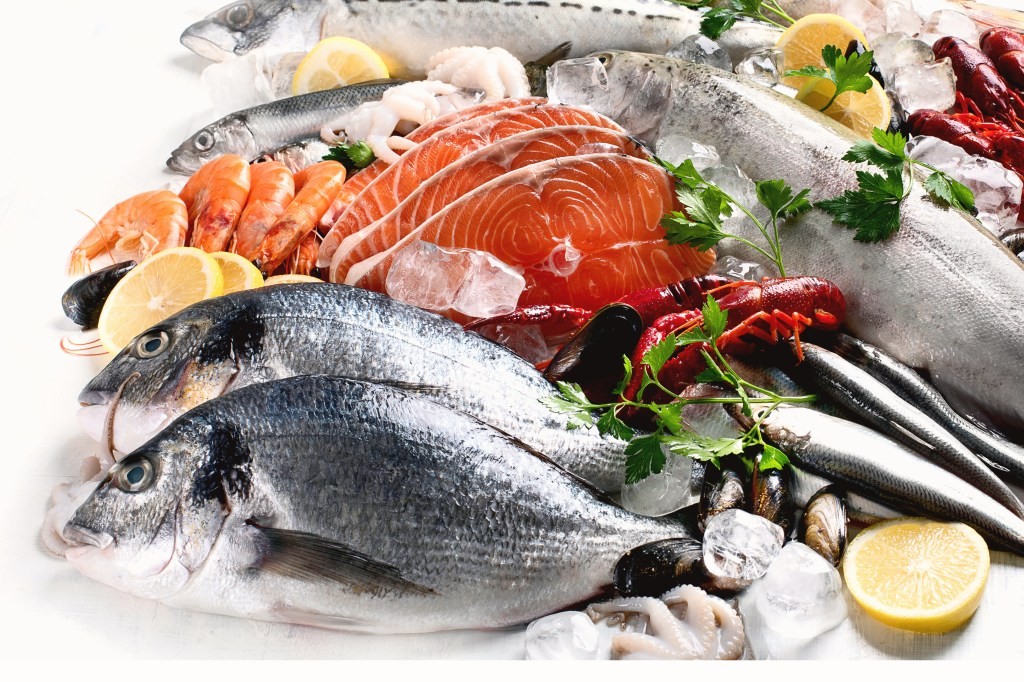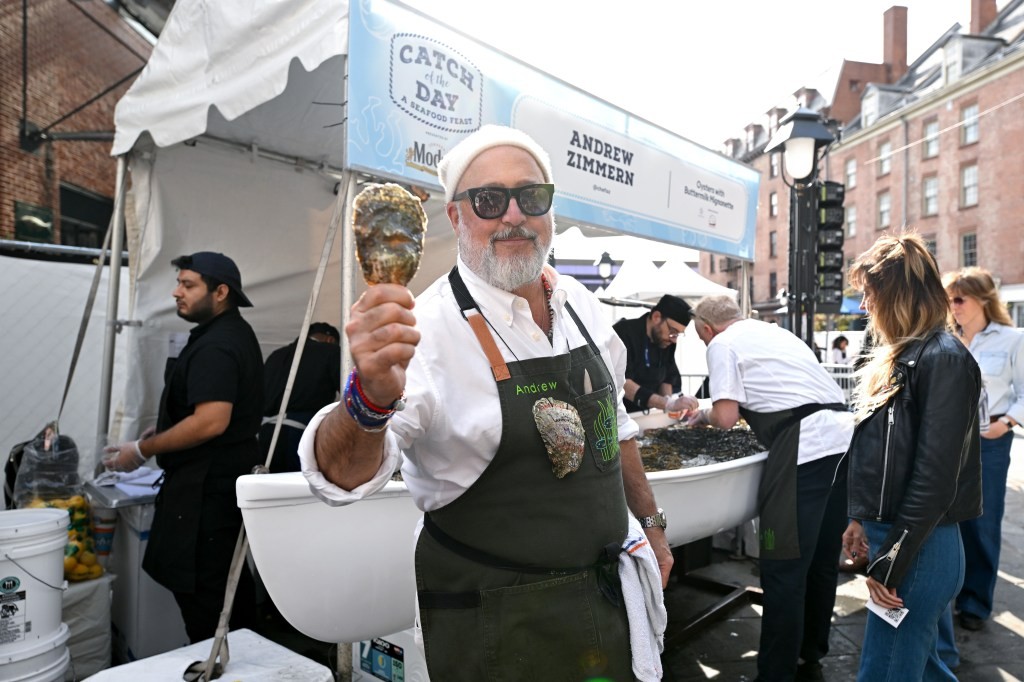Seafood: The Next Health Revolution in America, Says Andrew Zimmern
Celebrity chef Andrew Zimmern believes America's next health revolution will come from the seafood aisle. In an interview with Fox News Digital, the James Beard Award–winning host argues that one of the country’s most dangerous habits today is simply not eating fish. “Seafood is the healthiest protein in general … from digestion to brain health to brain growth for younger people and on and on,” Zimmern says. He describes seafood as extremely beneficial to the body and notes it’s generally very low in fat, with the fats that are present being among the healthiest ones. In his new Blue Food Cookbook, co‑written with Barton Seaver, he argues a simple shift in American diets could ripple through public health, the environment, and the economy. “I’d love it if people ate one more meal from the water every single week. Just one.”

In This Article:
Americans Are Neglecting Fish — A Dangerous Habit
Zimmern says neglect of fish is one of Americans’ most dangerous habits today. Seafood, he asserts, is extremely beneficial to the body and is generally very low in fat, with healthy fats forming the core of its value. His experiences span the globe—from tarantulas in Cambodia to fermented shark in Iceland—yet his message now is simple: seafood is the future. He notes that the United States exports about 75% of what American fisheries bring in, a misalignment he believes we should correct by keeping more seafood at home.

One Simple Habit Could Ripple Across Health, Environment, and Economy
Zimmern frames a ripple effect around a simple dietary shift: eat one more meal from the water each week. He says a modest change could have far-reaching consequences for public health, the environment, and the economy. By creating more demand for seafood, prices could drop, more people would eat it, and overall health could improve. He argues we should keep more of what we catch at home, rather than exporting the bulk of it.

Myths, Costs, and Tilapia as a Go-To
Zimmern challenges the illusion of cheap meat. The long-held idea that a steak should cost about $8–$9 per portion is no longer tenable for many families. The average price for 100% ground beef rose from $4.63 in 2020 to $6.12 in 2025, according to the Bureau of Labor Statistics, making it harder for households to afford. He says red meat and seafood can coexist. Though he loves red meat, he’s eating less of it as the years go by, while still appreciating it. He also rejects the ‘garbage fish’ myth, arguing that the real question is where the fish was caught and whether it’s sustainable and regenerative. Tilapia—mild, inexpensive, and farm-raised—is one of his go-to meals; it takes on flavors beautifully and is a staple at home, served weekly and even to guests. We eat tilapia with lemon and capers about 12 minutes to prepare, and it often surprises dinner guests when they realize what it is.

What You Can Do: Make One More Seafood Meal a Week
A practical example from Zimmern: tilapia with lemon and capers — a dish that takes about 12 minutes to make and can be served to company as a centerpiece. “Post a comment” is his call to action. If more Americans adopt one extra seafood meal per week, the health of individuals, communities, and the planet could improve. The future Zimmern envisions is one where seafood sits at the center of American health, environment, and economy.


